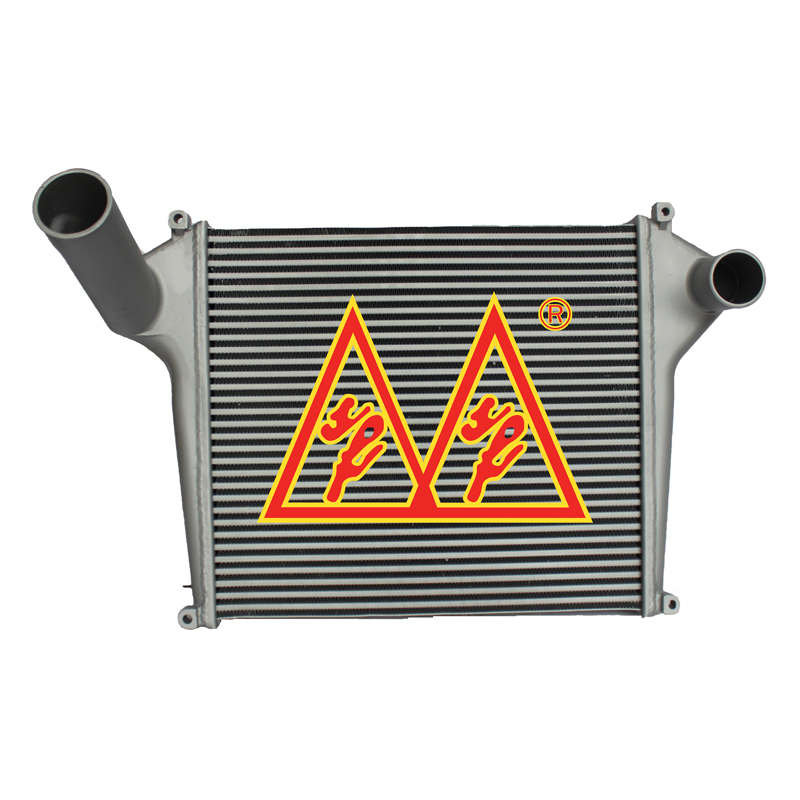Introduction: In the world of automotive engineering, achieving optimal performance and efficiency is a constant pursuit. One crucial component that plays a significant role in this endeavor is the intercooler. This blog explores the purpose, functioning, types, and benefits of automotive intercoolers, shedding light on their vital role in turbocharged and supercharged engines.
What is an Intercooler? An intercooler is a heat exchanger designed to cool the compressed air or intake charge before it enters the engine’s combustion chamber. It is primarily used in turbocharged and supercharged engines to maximize power output and improve overall engine efficiency.
Functioning of an Intercooler: When air is compressed by a turbocharger or supercharger, its temperature rises significantly due to the compression process. Hotter air is less dense, which reduces the oxygen content available for combustion. By passing the compressed air through an intercooler, its temperature is lowered, increasing its density. Cooler, denser air contains more oxygen molecules, resulting in improved combustion efficiency and increased power output.

Types of Intercoolers:
- Air-to-Air Intercooler: This type of intercooler uses ambient air to cool the compressed intake charge. It consists of a network of tubes or fins through which the hot air passes, while cooler outside air flows across them, dissipating the heat. Air-to-air intercoolers are lightweight, efficient, and commonly found in many production vehicles.
- Air-to-Water Intercooler: In this design, the compressed air is cooled using a liquid coolant, typically water or a water-glycol mixture. The heat from the compressed air is transferred to the coolant, which then circulates through a separate radiator to dissipate the heat. Air-to-water intercoolers offer superior cooling efficiency but are often heavier and more complex to install.
Benefits of Intercoolers:
- Increased Power Output: By reducing the intake air temperature, intercoolers allow engines to generate more power and torque. Cooler, denser air enables better combustion, resulting in improved engine performance.
- Enhanced Engine Efficiency: Lowering the intake air temperature helps prevent pre-ignition or detonation, allowing engines to run at higher boost pressures without risking damage. This leads to greater thermal efficiency and fuel economy.
- Consistent Performance: Intercoolers help maintain consistent power output by preventing heat soak during prolonged high-performance driving. They ensure that the engine operates within optimal temperature ranges, reducing the risk of overheating and performance degradation.
- Engine Longevity: Cooler intake air reduces stress on engine components, such as pistons and valves, minimizing wear and tear. Intercoolers can contribute to extending the lifespan of the engine, especially in turbocharged or supercharged applications.
Conclusion: Automotive intercoolers play a vital role in maximizing engine performance, improving efficiency, and ensuring longevity. Whether it’s an air-to-air or air-to-water design, intercoolers effectively cool the compressed intake charge, enabling engines to produce more power while maintaining reliability. As automotive technology continues to evolve, intercoolers will remain an essential component in the pursuit of high-performance and efficient vehicles.
Post time: Jul-24-2023




